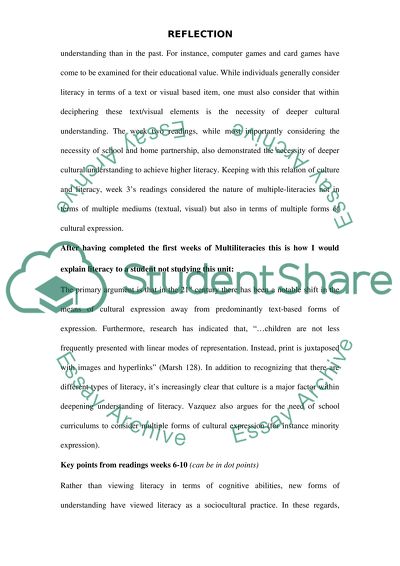Cite this document
(“Reflection Essay Example | Topics and Well Written Essays - 1000 words - 2”, n.d.)
Reflection Essay Example | Topics and Well Written Essays - 1000 words - 2. Retrieved from https://studentshare.org/education/1577630-reflection
Reflection Essay Example | Topics and Well Written Essays - 1000 words - 2. Retrieved from https://studentshare.org/education/1577630-reflection
(Reflection Essay Example | Topics and Well Written Essays - 1000 Words - 2)
Reflection Essay Example | Topics and Well Written Essays - 1000 Words - 2. https://studentshare.org/education/1577630-reflection.
Reflection Essay Example | Topics and Well Written Essays - 1000 Words - 2. https://studentshare.org/education/1577630-reflection.
“Reflection Essay Example | Topics and Well Written Essays - 1000 Words - 2”, n.d. https://studentshare.org/education/1577630-reflection.


